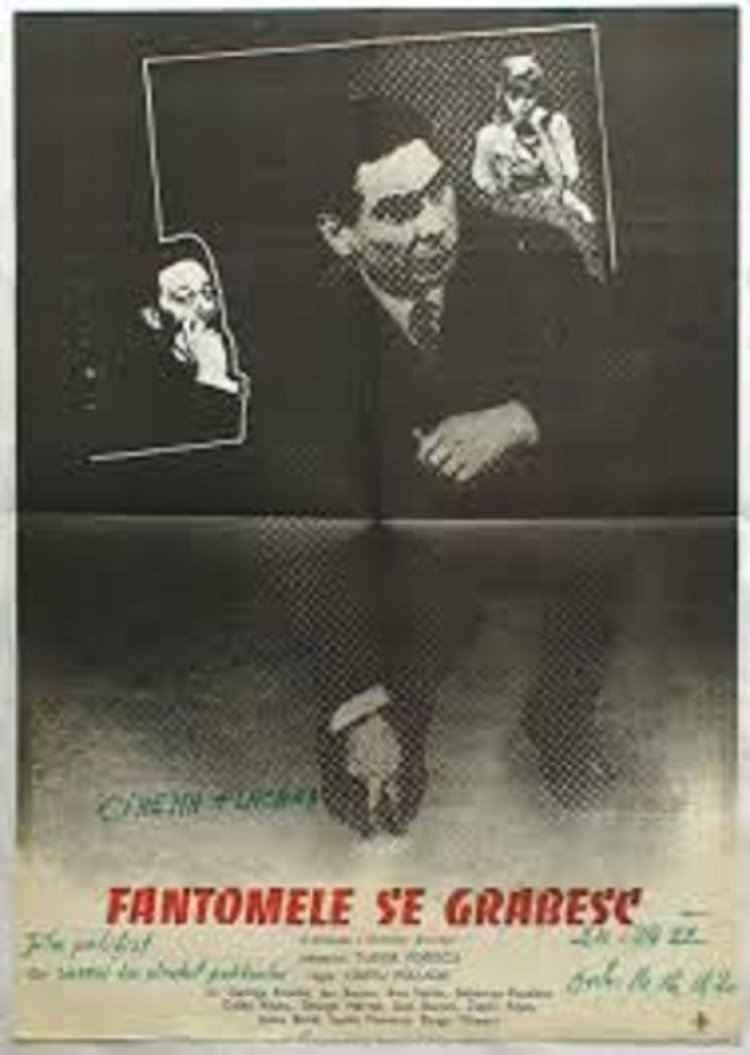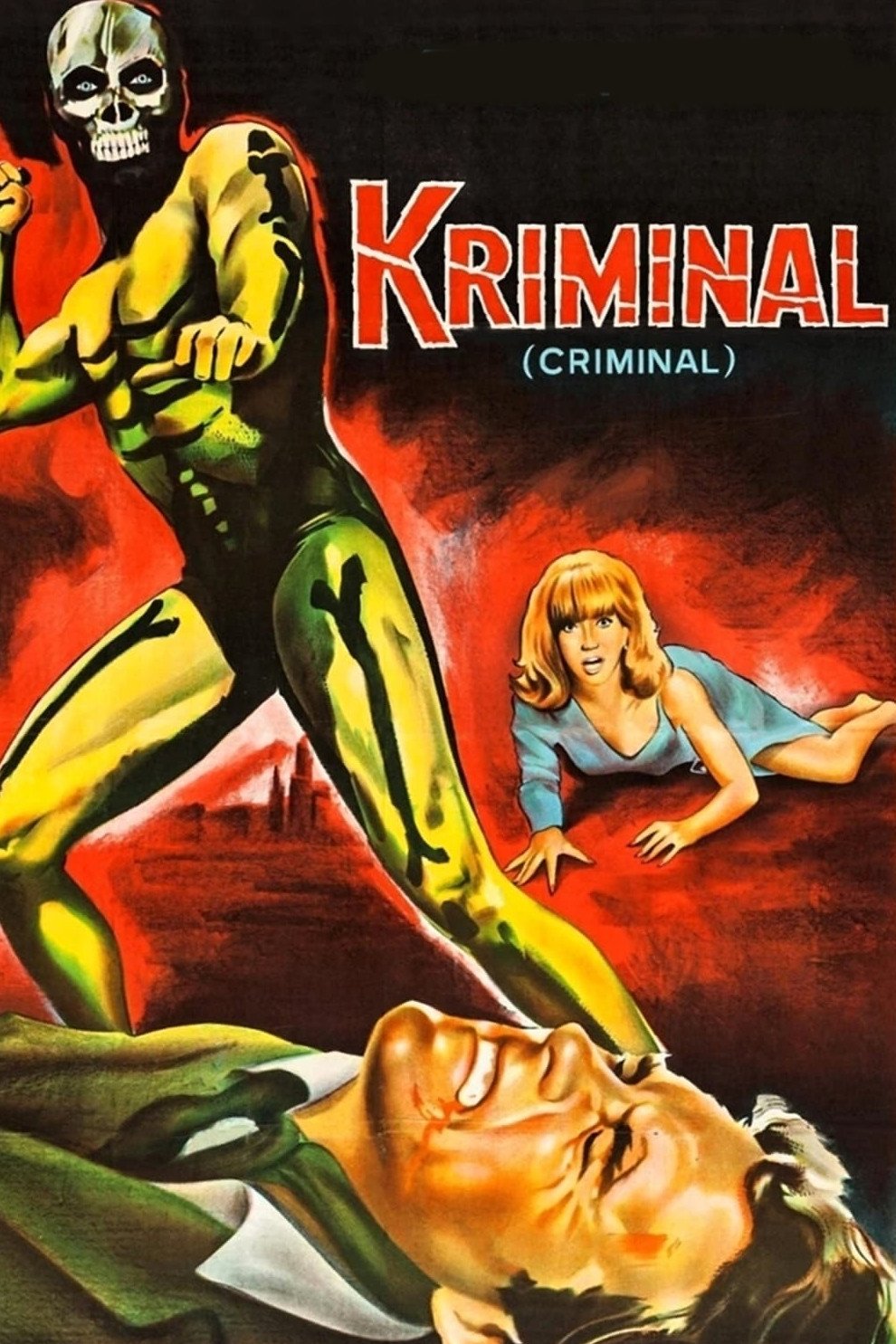
Insanity
Film Insanity
Fan Kwok Sang's schizophrenic breakdown led to the accidental death of his wife Wai Ling, and he was committed to a psychiatric hospital three years ago. Now Fan is ready to be released, with Dr. Chow Ming Kit vouching for him even though his senior objects. However, Fan finds it hard to cope with his new life. Something bad happens to him and Chow becomes obsessed in trying to defend his patient, as well as save his own reputation.
İndirmek için giriş yapmış ve bir abonelik satın almış olmanız gerekir.
Giriş / Kayıt Ol
Abonelik Satın Al
1 Aylık Abonelik
71 Bin Tümen
۲۰٪ indirim
59 Bin Tümen
31 gün
3 Aylık Abonelik
215 Bin Tümen
۲۰٪ indirim
179 Bin Tümen
90 gün
POPÜLER SEÇİM
6 Aylık Abonelik
407 Bin Tümen
۲۰٪ indirim
339 Bin Tümen
180 gün
1 Yıllık Abonelik
719 Bin Tümen
۲۰٪ indirim
599 Bin Tümen
365 gün
The insanity defense, also known as the mental disorder defense, is an affirmative defense by excuse in a criminal case, arguing that the defendant is not responsible for their actions due to a psychiatric disease at the time of the criminal act. This is contrasted with an excuse of provocation, in which the defendant is responsible, but the responsibility is lessened due to a temporary mental state. It is also contrasted with the justification of self defense or with the mitigation of imperfect self-defense. The insanity defense is also contrasted with a finding that a defendant cannot stand trial in a criminal case because a mental disease prevents them from effectively assisting counsel, from a civil finding in trusts and estates where a will is nullified because it was made when a mental disorder prevented a testator from recognizing the natural objects of their bounty, and from involuntary civil commitment to a mental institution, when anyone is found to be gravely disabled or to be a danger to themself or to others.














